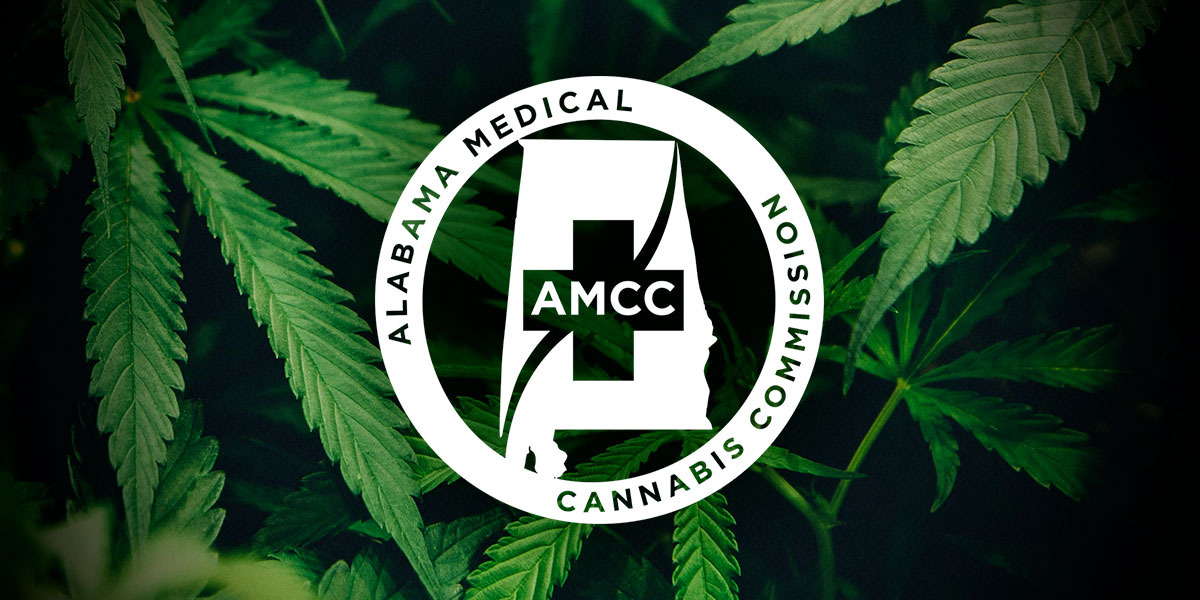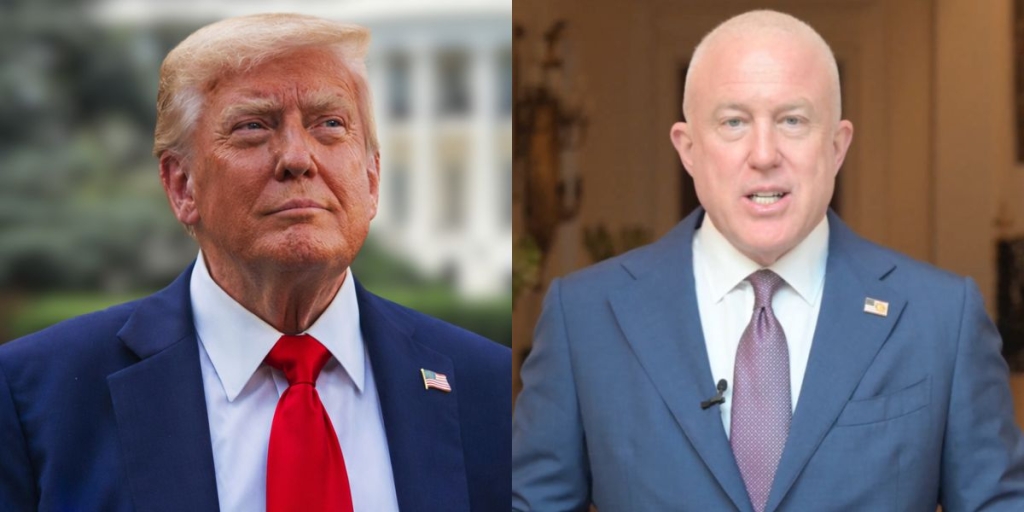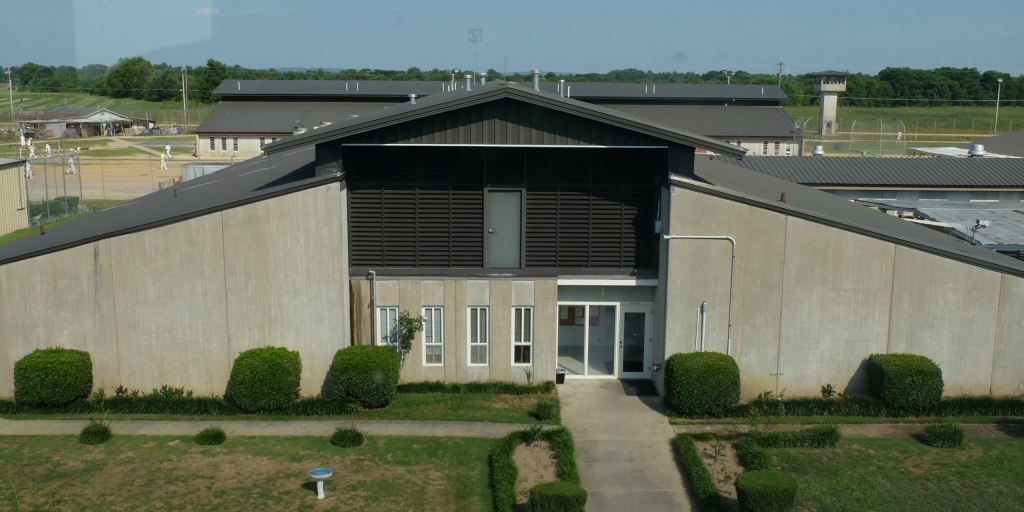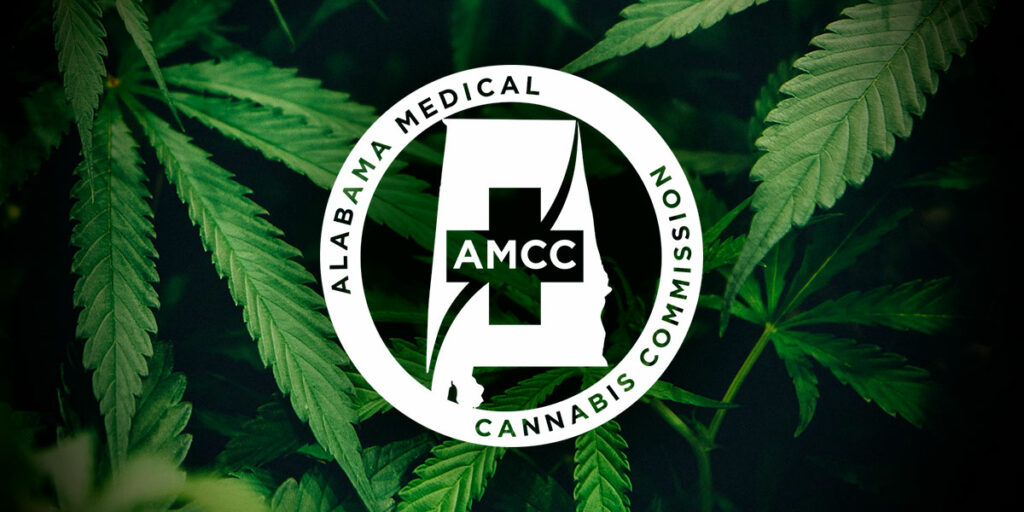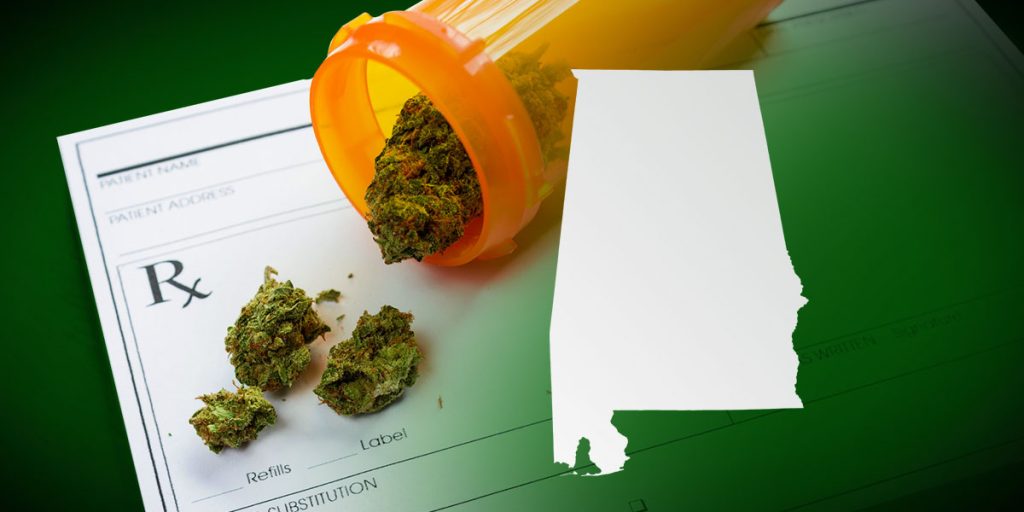On Wednesday, Montgomery Circuit Judge James Anderson granted the request of several unsuccessful medical-cannabis license applicants for a temporary restraining order (TRO) on the issuance of cannabis licenses to all integrated facility awardees.
An integrated facility license allows its holder to cultivate, process, transport, and dispense medical cannabis to qualified Alabama patients. The five integrated facility licenses are the most desired of the licenses that the Alabama Medical Cannabis Commission (AMCC) gets to award and ultimately issue. Those licenses have been the subject of bitter competition for over a year now – the last seven months of which have been in Judge Anderson’s courtroom.
This is the third time that the AMCC has attempted to award medical cannabis licenses and the third time that legal challenges from unsuccessful applicants have slowed the process down in the courts.
Judge Anderson has also granted the motion of two losing applicants, Alabama Always and Insa, for expedited discovery, so legal counsel for unsuccessful applicants will now have the ability to depose the individual members of the AMCC. The AMCC and successful applicant Trulieve Alabama have opposed the efforts to slow the issuance of the licenses down. But so far, those efforts have been unsuccessful in the circuit court.
Had Judge Anderson not entered the TRO, integrated facility licenses would have been issued to the successful applicants on January 9th, allowing Alabama’s oft-delayed medical cannabis program to finally begin in earnest. Now, it is unclear exactly when qualifying Alabamians will be able to access medical-grade cannabis.
RELATED: Alabama Medical Cannabis Commission awards licenses to integrated facilities
Anderson previously placed a TRO on the issuance of dispensary licenses. The cannabis cultivator, processor, secure transporter, and state testing laboratory licenses have been issued. But without any licensed dispensaries or integrated facilities, any medical cannabis grown cannot yet be legally distributed to patients.
The AMCC, for its part, is doing what it can to get the show on the road. Part of that is inspecting the properties of license awardees.
Antoine Mordican is the President and CEO of Native Black Cultivation, who was issued a cultivator license. “We are waiting on the commission to come out and do a site inspection,” Mordican told Yellowhammer News. “We are working on getting compliant with our security plan.”
Mordican explained that, although his license has been issued, the rules require licensees to submit to site inspections by the AMCC staff, and then they have to “greenlight” the licensees to begin. From that point, there is a sixty-day period of time for the licensees “to become operational.”
Antoine estimated that, given the time that it will take for the plants to grow, it will be summer at the earliest before Alabamians can expect to be able to purchase legal medical cannabis in the state of Alabama.
Mordican was optimistic that the legal issues with the dispensary applicants will be resolved soon — but believes that it will be months before the vertically integrated license issue is resolved in the courts.
RELATED: Failed cannabis applicants return to court in attempt to block successful license awards
The AMCC is proceeding with investigative hearings requested by failed applicants, a procedural requirement in the AMCC’s governing statute and accompanying regulations
Nevertheless, unsuccessful applicants have routinely filed lawsuits in Judge Anderson’s court, where a hearing is tentatively scheduled for January 24. The court will hear the plaintiffs’ motions for a “preliminary injunction,” which, if granted, would delay the implementation of Alabama’s medical cannabis program indefinitely.
In addition to the dozens of actions pending before Judge Anderson, there are also actions pending before the Alabama Court of Civil Appeals and a lawsuit filed in federal court by a processor applicant in Jasper who was left out in the last round of awards.
36 business entities turned in applications for an integrated facility license. But the statute passed by the Alabama Legislature in 2021 setting up a legal medical cannabis industry in Alabama prohibits the AMCC from issuing more than five of the licenses statewide. Mathematically, each applicant had less than a 13.9 percent chance of winning a license.
That has not stopped them from suing when they don’t get an award.
Initially, the AMCC tasked the University of South Alabama with hiring independent evaluators to score the applications. In the original license awards in June, the licenses went to the five applicants that had the best scores in the University’s scoring.
RELATED: Medical cannabis coming soon? 21 businesses awarded licenses
However, many pointed out flaws in the University’s scoring, which the AMCC itself later acknowledged. Those original June 12 awards were blocked by the court. A second round of awards in August removed Verano from the group of award winners.
Verano subsequently sued, and its appeal is now pending in the appellate courts. In a court-ordered mediation agreement, the AMCC agreed to rescind all those June and August awards and do the awards over again – giving every applicant an equal opportunity to present their case directly to the commission, and addressing almost every issue previously raised by the June and August unsuccessful applicants.
After lawsuits demanded that the University of South Alabama’s scores be thrown out, the AMCC voluntarily agreed not to consider them. The AMCC then made its final awards during a commission meeting on December 12.
The latest round of lawsuits now argues that the AMCC violated its own rules when it threw out the University of South Alabama scores and replaced them with a system wherein the Commissioners themselves ranked the applicants. Plaintiffs, some of whom were previous award winners, claim that when the Commission jettisoned the University of South Alabama Scores, it should have replaced them with a new third-party scoring system rather than with rankings from the commissioners.
The Alabama Legislature passed and Alabama Governor Kay Ivey signed legislation making medical marijuana legal in 2021. That legislation created the AMCC and tasked it with writing the rules of the new industry and regulating it – including awarding the licenses.
To connect with the author of this story or to comment, email [email protected]




